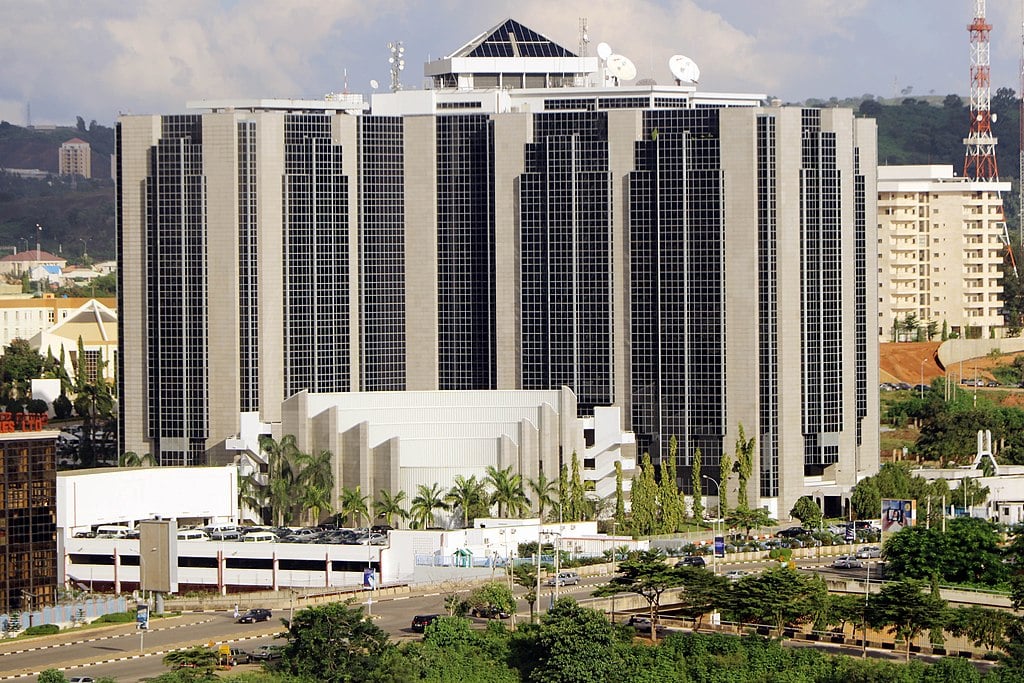

In one of the most audacious financial scams of the 1990s, a Nigerian man defrauded a Brazilian bank of $242 million and sold a fake airport by pretending to be the head of Nigeria’s central bank.
Emmanuel Nwude, a former Union Bank of Nigeria director, used his industry knowledge and high-level contacts to impersonate Paul Ogwuma, then-governor of the Central Bank of Nigeria.
He convinced Nelson Sakaguchi, a director at Brazil’s Banco Noroeste, to invest in a fictitious airport project in Nigeria’s capital, Abuja, promising a $10 million commission in return.
Between 1995 and 1998, Sakaguchi transferred millions to accounts linked to the fake project. By the time the fraud was uncovered, the deal had ballooned to $242 million – $191 million in cash and the rest in accrued interest.
The deception came to light in 1997 when Banco Santander, a Spanish banking giant, began talks to acquire Banco Noroeste.
During due diligence, auditors discovered an unusually large sum of idle funds sitting in an offshore account in the Cayman Islands, raising immediate red flags.
The discovery triggered a multinational investigation involving law enforcement agencies from Brazil, the United Kingdom, Nigeria, Switzerland, and the United States.
Nigeria later formed the Economic and Financial Crimes Commission (EFCC), which led the local effort to bring Nwude to justice.
Authorities arrested Sakaguchi at New York’s John F. Kennedy International Airport. He was later extradited to Switzerland for trial.
Meet Emmanuel Nwude Odinigwe, a Nigerian Igbo who pulled off the world’s third largest scams in history.
He defrauded Nelson Sakaguchi, the director of Brazil’s Banco Noroeste in São Paulo, of a staggering $242 million; by selling an airport which didn’t exist. pic.twitter.com/HxQ3jy4S3S
— Nononsense (@NoNonsensezone) August 30, 2023
Meanwhile, to stabilize the bank’s finances, the Simonsen and Cochrane families – owners of Banco Noroeste – paid $242 million out of pocket. But the damage proved irreversible. In 2001, the bank collapsed.
After a lengthy court process, one of Nwude’s accomplices pleaded guilty and received two and a half years in prison, along with an order to repay $25.5 million.
Nwude and another partner later admitted guilt and received a combined sentence of 25 years, according to The Guardian Nigeria. The court also ordered the seizure of Nwude’s assets, which were returned to the defrauded bank.
The case marked the EFCC’s first major conviction, signaling a shift in Nigeria’s fight against high-profile financial crimes.
Nwude’s fraud became globally known as a “419 scam,” named after Article 419 of Nigeria’s criminal code, which covers fraud.
Nigerian Bank Director, Emmanuel Nwude made a Brazilian bank, Banco Noroeste collapse after selling a fake airport to them for $242 million in 1997.
He impersonated a Central Bank Governor.
He was sentenced to 5 years in prison, but only spent 1 year in prison and was released. pic.twitter.com/ZZ6CJjddMK
— Africa Facts Zone (@AfricaFactsZone) June 8, 2023
After serving his prison term, Nwude was released in 2006. He later filed a lawsuit to recover part of his seized wealth, arguing that some assets were acquired before the crime. The court allowed him to reclaim $52 million.
In 2021, Nwude publicly claimed he was unaware of the scam and alleged his legal team had pressured him into pleading guilty nearly two decades earlier.
Despite those claims, the case remains one of the most significant examples of financial fraud in recent history – and a warning to global banks about the risks of unchecked trust and high-stakes investments.
